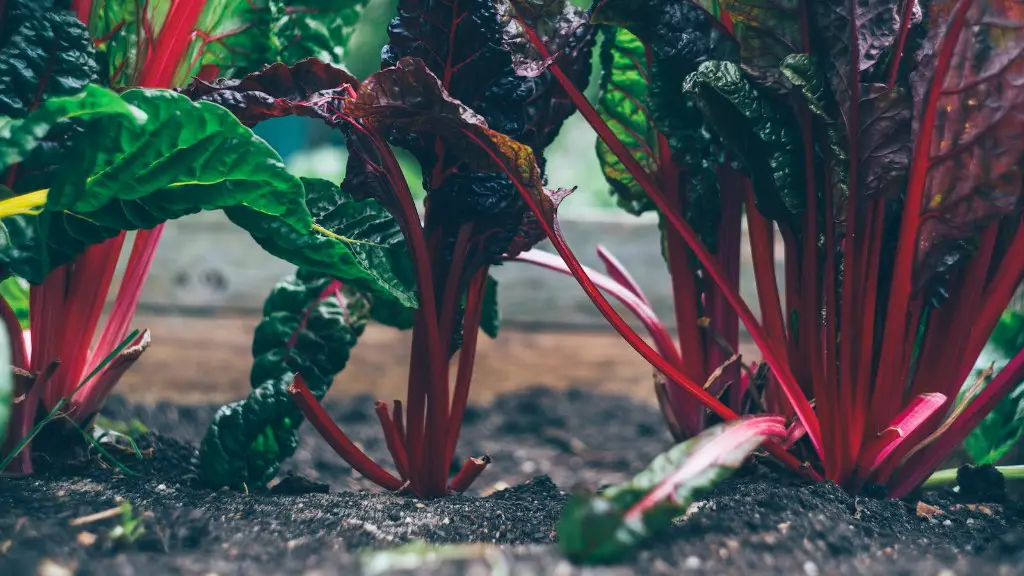Communication is an essential tool in the agricultural sector. It is an integral part of almost every agricultural activity from planting, fertilizing, harvesting and selling agricultural products. It is also essential in farm management activities such as marketing, planning, and organizing. Without effective communication, it is nearly impossible to get any farm work done.
Proper communication is especially crucial when it comes to working with farm equipment. Without it, tractor operators, grain cranes and other equipment operators need to constantly search for help or risk serious problems. This wastes valuable time and energy. Additionally, poor or miscommunication can even lead to costly mishaps.
When it comes to working with plants and animals, communication is also extremely important. Farmers need to be able to communicate what needs to be done with each crop or animal in order to get maximum yields. If a farmer doesn’t understand the instructions for a particular crop, it could spell disaster for his or her harvest.
Communication is also important when it comes to dealing with other people in the agricultural sector. Whether it’s customers, suppliers, or colleagues, communication is key in building lasting relationships. Without it, farmers risk losing out on potential customers, losing important input from partners, or missing important deadlines and project goals.
Farmers and professionals in the agricultural sector need to be effective communicators in order to succeed. Communication helps build trust, clarity and understanding between all stakeholders. Without proper communication, the agricultural sector would quickly grind to a halt.
The importance of communication in marketing
Communication is also very important in the context of selling agricultural products. In order to secure markets, farmers need to be able to successfully communicate their products to potential buyers. This includes understanding their needs and interests, in addition to offering competitive prices that the buyers are willing to accept.
In order to tap into new markets, agricultural professionals need to be able to clearly articulate what makes a product special, differentiate it from the competition, and explain all of the potential benefits that come along with it. Without effective communication, it is nearly impossible for any agricultural products to sell.
Communication is also important when it comes to managing customer relationships. Farmers need to be able to effectively build relationships with customers by providing accurate, reliable and timely information regarding their products and services. Without properly communicating with their customers, farmers may lose out to competitors.
Finally, communication is key in the process of marketing and advertising. Farmers need to ensure that their products reach the right audience with the right message clearly delivered in order to make a sale. Moreover, communication is needed in order to effectively promote products on social media or other media outlets.
The importance of communication in research and development
Just as communication is important in marketing and advertising, it is also essential in the realm of research and development. Collaboration between teams of scientists, engineers and agricultural professionals helps to spur innovation and progress in the industry.
Without clear lines of communication, it would be difficult to coordinate research projects, develop new technology and cultivate new products. Additionally, effective communication is needed in order to quickly share information regarding new discoveries and developments.
Furthermore, communication helps to connect researchers with experts from other fields. As agricultural research increasingly involves data-driven and multidisciplinary approaches, it is important that researchers can communicate what they’ve discovered to those in other fields in order to increase collaboration.
Finally, communication is key in the transfer of knowledge from one generation of agricultural researchers to the next. Without open lines of communication, it is difficult to transmit cutting-edge knowledge and insights.
The importance of communication in policies and regulations
Communication is also important in the context of policy and regulation. Governments need to be able to communicate the various policies and regulations that govern the agricultural sector to its citizens, as well as to international partners.
Without clear lines of communication, it is impossible for governments to implement sustainable solutions that are effective and beneficial to all parties. Additionally, communication is key in the process of monitoring and enforcing new laws and regulations.
Furthermore, communication is important when it comes to collaborations between the public and private sector. Without effective communication, it would be impossible to coordinate projects or attract investments.
Finally, communication is necessary in order to ensure that policy makers and the public understand the importance of the agricultural sector and the current challenges and solutions it faces. By communicating the sector’s importance in a clear and concise manner, it is easier to engage the public and build a greater understanding of the sector’s needs.
The importance of communication in education
Finally, communication is essential in the field of agriculture education. Those within the sector need to be able to effectively communicate new concepts and discoveries to those who are just entering. Additionally, those already in the sector need to be able to share their insights and experiences with one another.
Without effective communication, it would be difficult for students and experts alike to keep up with the latest trends and developments in the field of agriculture. It would also be difficult for professionals to exchange insights and compare notes on the most effective methods.
Furthermore, communication is important when it comes to sharing resources between universities, organizations and the public. Without proper communication, it would be difficult to locate and share important resources such as funding, technology and materials.
Finally, communication is essential in order to bridge the gap between agriculture and the wider world. Through communication, agriculture professionals can explain the importance of the sector and how it affects the lives of everyday people.





